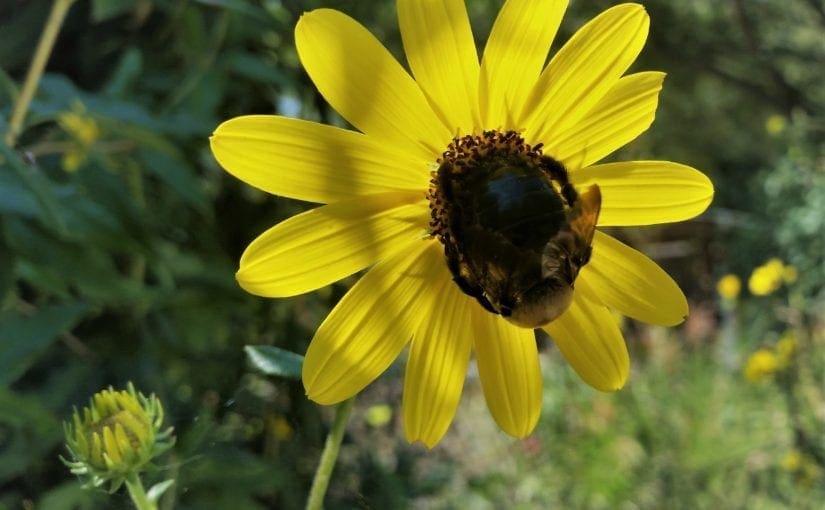Most recently updated July 7th, 2023
Estimated Reading Time: 18 minutes
If you live in the South, you know all about the annual yellow haze that hangs in the air and the yellow dust that covers every surface in the Spring.
This year we’ve had an especially prolonged pine pollen season. It started in February, and was still going strong in early April.
If you’re lucky, it’s just annoying.

Other people spend weeks this time every year wheezing and sneezing and taking LOTS of allergy meds.
Still another group of people (who never used to wheeze or sneeze in the Spring) find that they suddenly HAVE become allergic to the pervasive yellow dust….or something else, like, say bee stings.
How can that be? What happened?
The truth is that allergies and asthma, including what your triggers are, can change over time and strike without warning.
I experienced an unexpected new allergy earlier this year, with frightening and nearly deadly results!
Read on to learn more about my death-defying experience, plus how allergies change, and what you can do about it.
Continue reading How Your Asthma and Allergies Change Over Time









